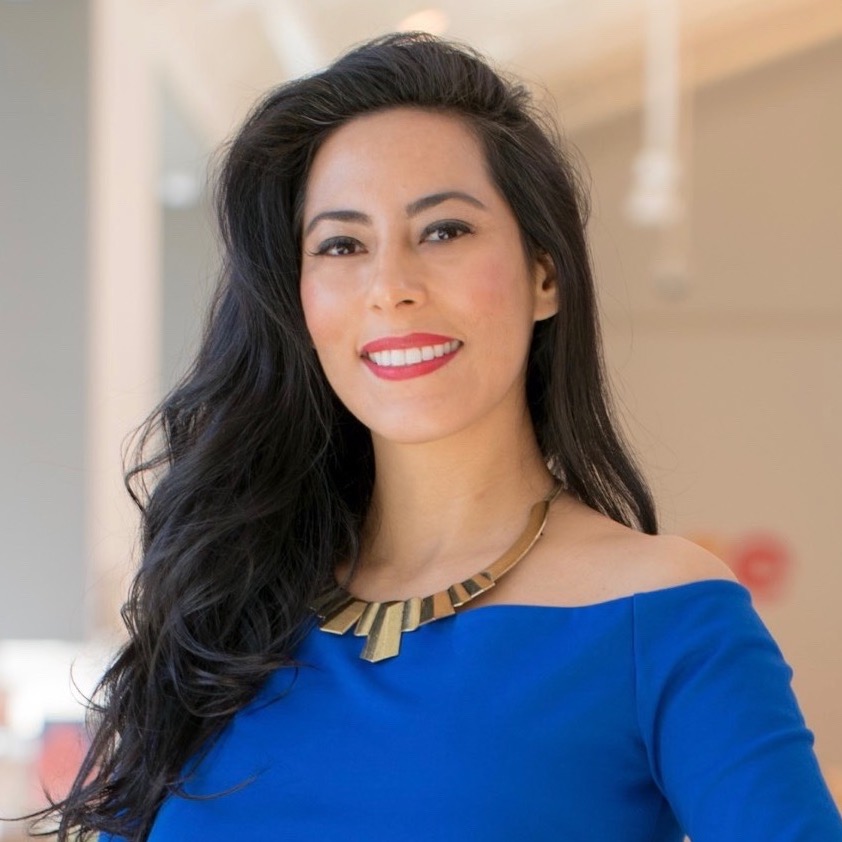
With a busy week behind you and the weekend within reach, there’s no shame in taking things a bit easy on Friday afternoon. With this in mind, every Friday TriplePundit will give you a fun, easy read on a topic you care about. So, take a break from those endless email threads and spend five minutes catching up on the latest trends in sustainability and business.
Health is not the first thing to come to mind when you hear the name Coca-Cola. Given the company's role in our nation’s obesity debate, you may be surprised that the world’s biggest seller of sugar-water is behind innovative programs that support health and wellness around the globe.
Indeed, the company’s use of its massive supply chain network to bring health remedies, such as medication and safe drinking water, to developing countries provides valuable lessons for any organization wishing to leave short-termism behind and use its resources for good.
1. Open-source your supply chain
The Coca-Cola Co. sells about 1.8 billion servings a day of its more than 500 beverage brands in more than 200 countries. It has the world’s largest beverage distribution system, and reaches parts of the world that other networks can’t touch. In some rural areas, you may be more likely to find a Coca-Cola bottle than a bottle of penicillin.
Enter ColaLife. This independent nonprofit organization, run and staffed by volunteers (not by Coca-Cola), works with companies like Coca-Cola to fit its “aidpods” – packaged rehydration salts and Zinc – within crates of soft drink bottles being delivered to areas that don’t have well-stocked health centers. The nonprofit leverages Coca-Cola crates to deliver essential medicine to places where 1 in 9 children die before their fifth birthday from simple preventable causes like dehydration from diarrhea.
By participating in this effort, Coca-Cola is advancing the greater goal of reducing child mortality in developing countries.
2. Tap your resources to create impact
The main ingredient in Coca-Cola is water. And the lack of water, sanitation and hygiene is one of the greatest challenges to poverty alleviation and economic growth in developing nations. Astoundingly, more people die from contaminated water than from all forms of violence combined, including wars.
Coca-Cola's Replenish Africa Initiative (RAIN) aims to address those massive issues by improving access to clean water for 2 million people in Africa by the end of this year. As part of this six-year, $30 million commitment by Coca-Cola, its foundation has partnered with governments and civil society to promote sanitation and hygiene, watershed protection, and productive use of water.
The project has brought safe drinking water to more than 800,000 people to date.
3. It really does take a village
What do you get when you put together a solar-powered, pseudo-community center that provides access to safe drinking water, Wi-Fi and also happens to sell soda? That would be Coca-Cola’s EKOCENTER – an innovation the company calls a “downtown in a box” that offers “a locally tailored mix of products, services and resources that may include safe drinking water, sustainable energy, wireless communications, refrigerated vaccination storage, health education, and other functionality to jump-start entrepreneurship opportunities and community development.”
Launched in 2013, the project aims to provide safe drinking water while offering employment opportunities to women and entrepreneurs in rural parts of Africa, Asia, Latin American and North America. The centers also provide a safe gathering place for communities and a place to recycle and receive sanitation services where there otherwise would be none.
Though some have called the effort a glorified concession stand, the centers represents what big-thinking and big-scale collaboration can create. EKOCENTERs are the product of "golden triangle" collaboration between business, government and civil society and a unique cross-sector partnership between companies as diverse as Coca-Cola, Deka R&D, IBM, NRG, Qualcomm Technologies and UPS – with each providing distinct resources to build the centers.
While Coca-Cola will likely never be the poster child for health, the company is using its vast resources to address global health issues – in its own way – and attempting to create shared value in the process. That, at least, is something to feel a little happy about.
Image credits: 1) and 2) ColaLife 3) EKOCENTER

Nayelli is the Founder & CEO of CreatorsCircle, a resource hub that connects diverse youth with opportunities to create a life of purpose and impact. A trained journalist with an MBA, she also keeps the pulse on sustainable business and social impact trends and has covered these topics for a variety of publications over the past 15 years. She’s a systems thinker who loves to learn, share knowledge and help others connect the dots.














